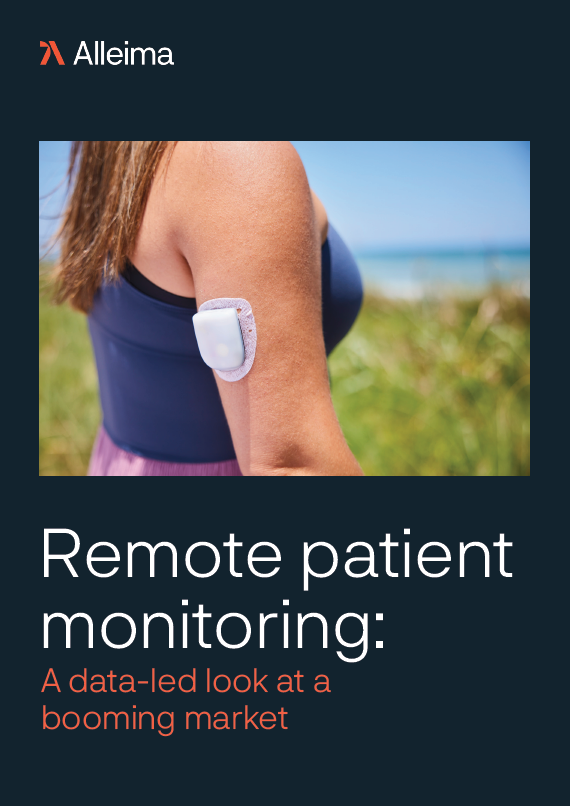
A study sponsored by digital health provider MD Revolution has found that remote patient monitoring systems can be used to cut 30-day cardiovascular readmissions by half.
The study was carried out by the company’s Arizona-based partner clinic, Cardiac Solutions, which enrolled 26,689 patients on the study, finding that the use of MD Revolution’s RevUp suite of remote patient care software was able to achieve a 7% 30-day readmission rate for patients using RevUp. While 15% of patients not enrolled saw readmission to the clinic within 30 days, equating to a 50% reduction.

US Tariffs are shifting - will you react or anticipate?
Don’t let policy changes catch you off guard. Stay proactive with real-time data and expert analysis.
By GlobalDataPatients monitored using RevUp for one year saw a 19% readmission rate and 30% for patients not enrolled in the trial. At the same time, the study also detailed how the rate of readmission was able to save the clinic as much as $15,000 per patient.
Remote patient monitoring has seen a steady incline in market value since the onset of the Covid-19 pandemic, with the market going from a value of around $600m in 2019, climbing to an estimated $760m by 2030, according to a GlobalData report.
Kyle Williams, CEO of MD Revolution said: “A 50% reduction in readmissions translates to millions in savings annually for a large health system or practice, with tremendous benefits for patients, especially those enrolled in Medicare.”
The US National Institute of Health (NIH) published a study in May of 2022 that found cardiac readmission rates in hospitals across the country, including heart attacks and heart failure, sat at between 16% to 22%.
Samir Damani, co-founder of MD Revolution, added: “The clinical impact is remarkable given that only ten people have to be enrolled in the programme to prevent a single hospital readmission.
“This is almost an order of magnitude greater in clinical impact than what is seen from common therapies such as statins used in millions of people in the prevention of coronary heart disease. Accordingly, anyone who qualifies should be enrolled in a chronic care management program.”
Elsewhere in the cardiovascular space HL TeleMedicine has launched a membership programme in the US for its SmartHeart device, which was able to cut hospital readmission post-myocardial infarction by as much as 27%. At the same time, cardiology start-up Acorai has secured $4.5m in seed funding to advance its non-invasive intracardiac pressure monitoring device through clinical trials.
A market model by GlobalData estimates the external cardiology remote monitoring device global market will reach $1.1bn by 2030.







